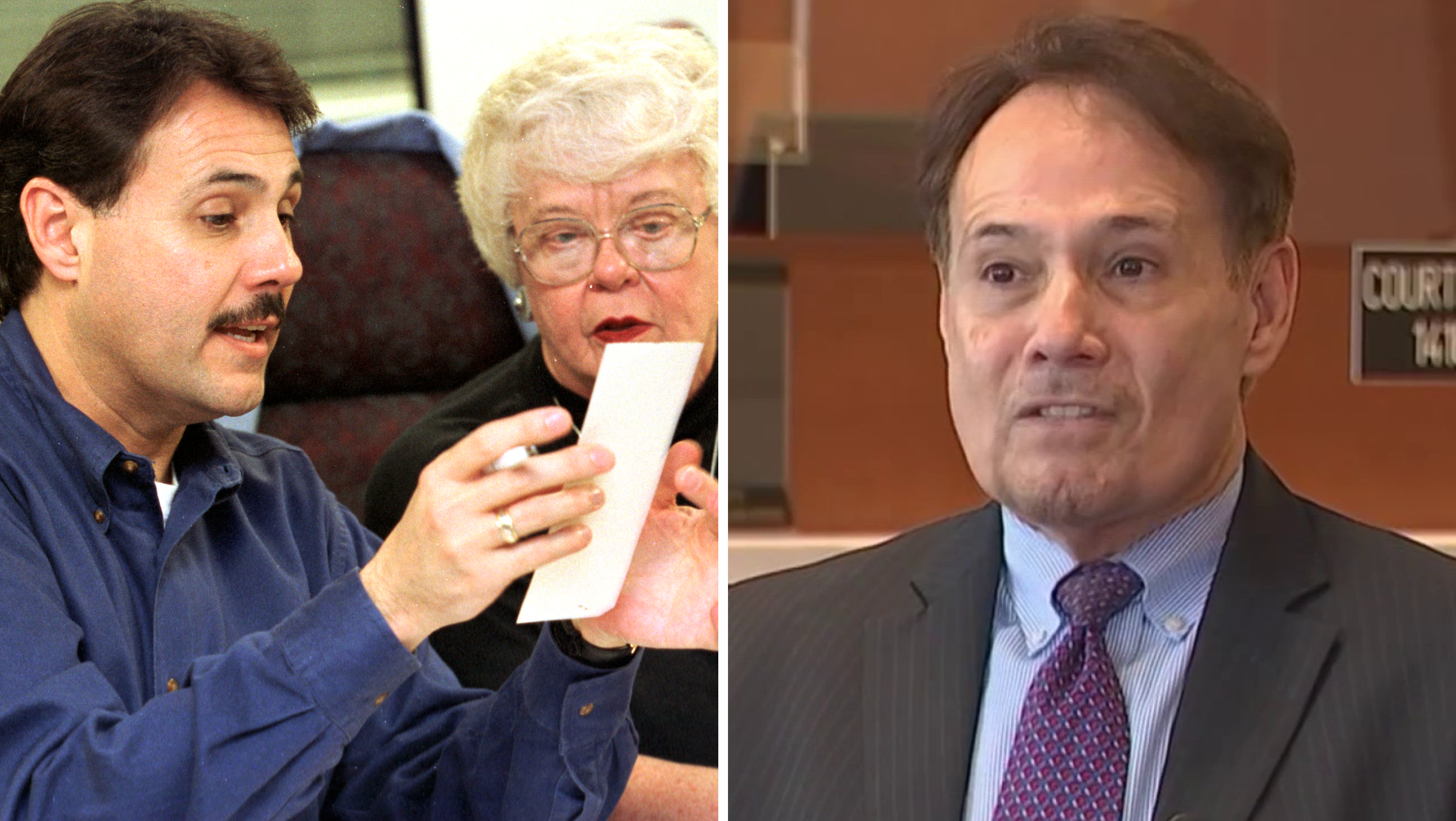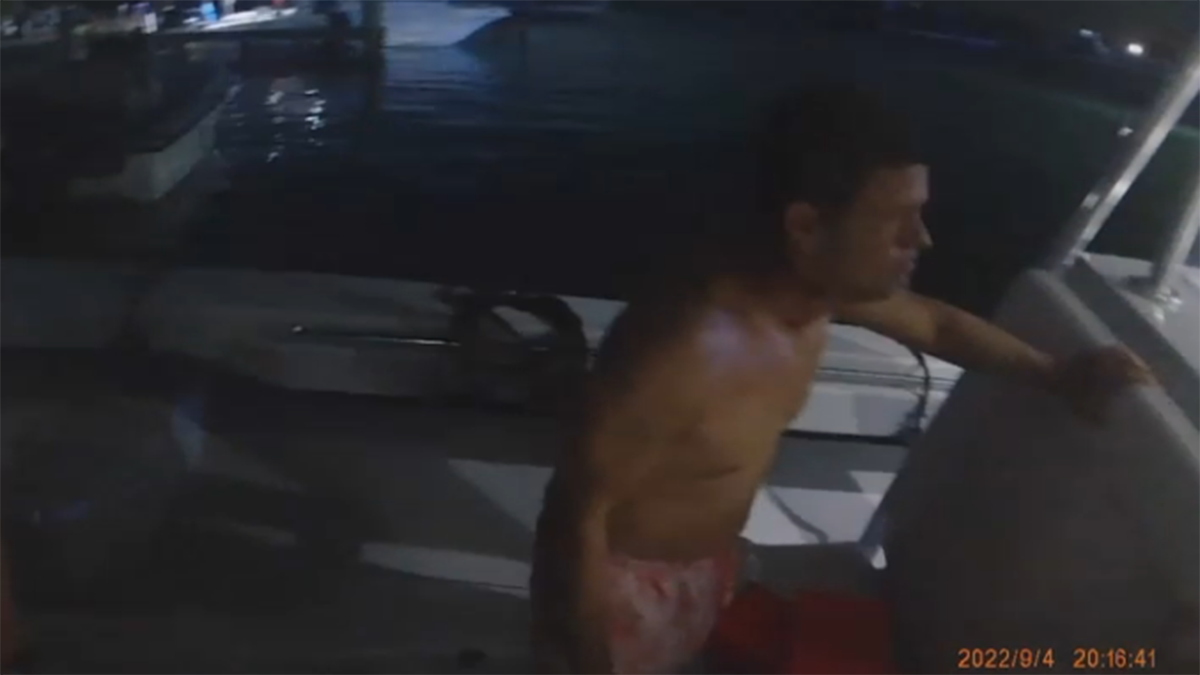Betty Braddom thought she had won $1.2 million. But then the calls started coming telling her she had to pay money before she could claim her prize.
"These people are just so convincing," says Debbie Lynch, Braddom’s daughter.
Braddom sent about $35,000 in two months – mostly overseas to someone in Costa Rica. Lynch found out about her mother’s secret after receiving a call from police.
"Here I have the police calling you about your parents," Lynch says.
It turns out a manager at Braddom’s bank became concerned and called police, after seeing the 80-year-old withdraw thousands of dollars. Lynch even intercepted an envelope addressed to a man in South Florida.
"I opened the envelope to see what was inside," she says. "There was another envelope addressed to him. It had five $500 money orders inside of there. I just lost it."
Braddom believed the man – Michael Richey – worked for American Sweepstakes.
Local
"He was supposed to be the agent that was gonna bring me my million dollars,"she says.
NBC 6 Responds tracked down Richey – a 67-year-old living in Margate. He assured us he was not an agent for the sweepstakes.
"If I was, I wouldn’t be throwing my own money into it," he says.
His living room was full of receipts and letters associated with his attempts to claim his prize. He, too, was told he needed to send money to get his $1.7 million. When we asked him how much he was told he had to pay in order to release that money, he responded: "Well, I got $70,000, $70,000 something in it."
Richey says he wired most of that money abroad – also to Costa Rica. When he told the scammers he didn’t have any more money to send, he started receiving checks from so-called "sponsors" – people he thought were going to help him claim his prize.
"I probably had, I don’t know, 15, 20 sponsors," he says, adding that they sent him different amounts from all over the country.
At first, Richey didn’t seem to believe that the scammers were using him to steal money from other victims – until we told him about Braddom.
"I sure didn’t think of it that way, that they’re going to use me like that," he says. "Evidently, that’s what they’re doing."
He added: "I hate to be involved in anything like that. If I had any knowledge of it, I wouldn’t have been involved in it."
Richey says he did as he was told and sent the money he received from others to Costa Rica.
"I got receipts not only [for] my money and every money these people sent, too," he says.
Lynch, meanwhile, thinks about the money her mother lost. She says her dad worked hard to make sure Braddom would be taken care of before he died of cancer at age 55. She hopes her story serves as a warning.
"Do not think this cannot happen in your family," Lynch says. "If you had told me a couple of years ago that this was going to happen, I would have never believed it."
American Sweepstakes is a real company. But, on their website, they specifically note that they do not run any sweepstakes under their name and that criminals are using their logo and name to deceive people like Braddom and Richey.
The owner of the company tells NBC 6 they get anywhere between 5 and 15 calls a day from people who have been scammed.
He says this has been going on for nearly 10 years and that he’s reported this scam to the Federal Trade Commission.
Remember, sweepstakes winners are never required to pay anything before receiving a prize.



